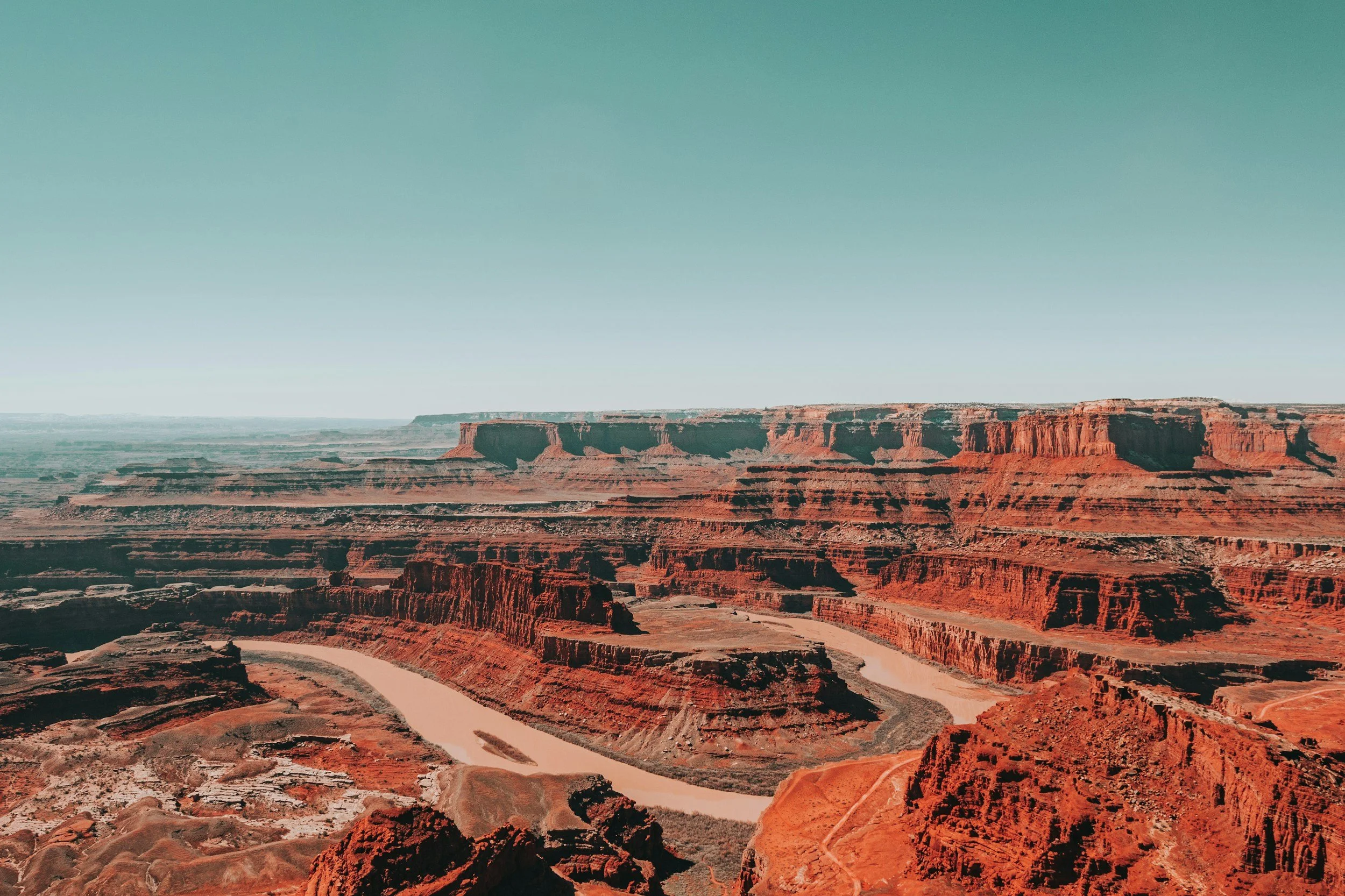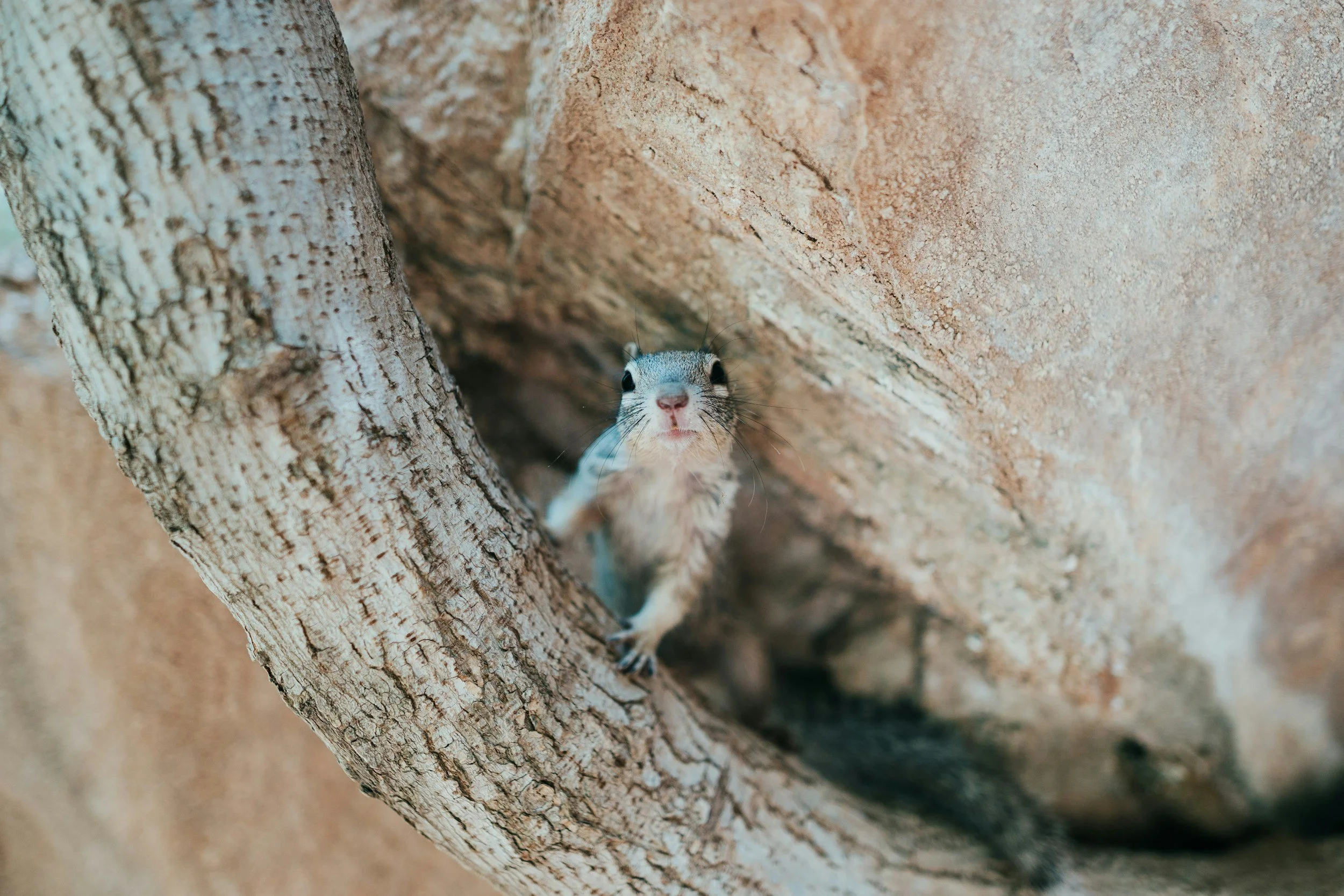How Government Shutdowns Impact National Parks, Outdoor Recreation & Local Communities
When the government shutdown hits, one of the first ripple effects we see in the outdoor world is confusion. Social media floods with questions: Can I still go to Zion? Is Yellowstone closed? Should I cancel my trip?
Yes, National Parks are still technically open during a government shutdown. But they are not staffed to their normal standards, if at all. And that creates a complicated situation for visitors, guides, local businesses, and the fragile ecosystems we all love.
What "Open but Unstaffed" Really Means
When the government shuts down, funding for agencies like the National Park Service (NPS) is paused. Rangers, maintenance crews, visitor center staff, and law enforcement are furloughed. In states like Utah, emergency state funds are sometimes used to keep National Parks open during shutdowns, as tourism is a vital source of revenue and many local communities depend on the income it brings.
So while the gates might be open and the trails technically accessible, the infrastructure that keeps our parks safe and sustainable isn’t running.
That includes:
No trash collection
No restroom maintenance
No (or reduced) first responders or rescue teams
No education on Leave No Trace or park regulations
No enforcement of rules that protect wildlife and natural resources
This leaves the parks—and everyone in them—vulnerable.
The Ripple Effect on Gateway Towns & Small Outdoor Businesses
Towns that border National Parks depend on consistent tourism. They host visitors in hotels, serve them in restaurants, rent them gear, and guide them into the backcountry.
When a shutdown causes uncertainty about park access or safety, many people cancel their trips. That means:
Lost revenue for small businesses
Guides losing income (often during peak seasons)
Fewer jobs for locals who depend on tourism
Some local businesses are able to pivot—offering alternative adventures on state or private land—but many take a direct financial hit with every passing day of a shutdown. It is deeply important to fact check, understand what is open and closed and how to be a good steward while you visit. Choose to hire a guide rather than cancel your trip when possible. As this pivot will only bring positive outcomes for you, and the local economy you planned to travel to.
What Can We Do as Outdoor Lovers?
1. Recreate Responsibly
Now more than ever, we become the stewards of the land when staff aren't around to help protect it. Follow Leave No Trace principles. Pack it in, pack it out. Stick to trails. Respect wildlife. Use wag bags or know how to properly bury human waste.
2. Be Prepared for Higher Risk
Without rangers or emergency services, a twisted ankle or wrong turn could become a very serious situation. Be extra cautious. Bring more water than you think you’ll need. Carry a map—not just your phone. Let someone know where you're going.
3. When in Doubt, Hire a Guide
Local guides know the terrain, current conditions, and how to navigate a park safely even when things aren’t running as usual. You’ll be safer, more informed, and supporting a small business in the process. They will also know how to finesse entry times, parking situations, and crowds, making for a more pleasant experience.
Advocacy Matters: Protecting Our Public Lands for the Future
Government shutdowns are a reminder that our public lands aren’t guaranteed. They exist because people fought for them—and they continue to depend on our voices.
National Parks need federal funding to stay protected, maintained, and accessible. When we see budget cuts, shutdowns, or policies that undermine the role of the National Park Service, it's up to us to speak up.
Here’s how:
Call or email your elected officials. Let them know public lands matter to you and your community. Stay up to date on current land issues using relevant Instagram handles that are fact checked, NPS websites, and subscribe to land advocacy groups’ newsletters (We love Southern Utah Wilderness Alliance)
Support organizations that defend public lands and conservation funding.
Vote with the outdoors in mind. Look into how your representatives approach environmental and public land policies.
Advocating for our parks is just as important as hiking in them. The more we care, the more we act—and the better we ensure these landscapes stay wild and wonderful for future generations.
A government shutdown isn’t just political noise—it has real, tangible impacts on how we recreate, and on the people and ecosystems connected to our public lands.
We encourage you to travel to these places as a form of protest, and leave it better than you found it. Inject your dollars into the local economy, learn about the lands you love and how to protect them.





